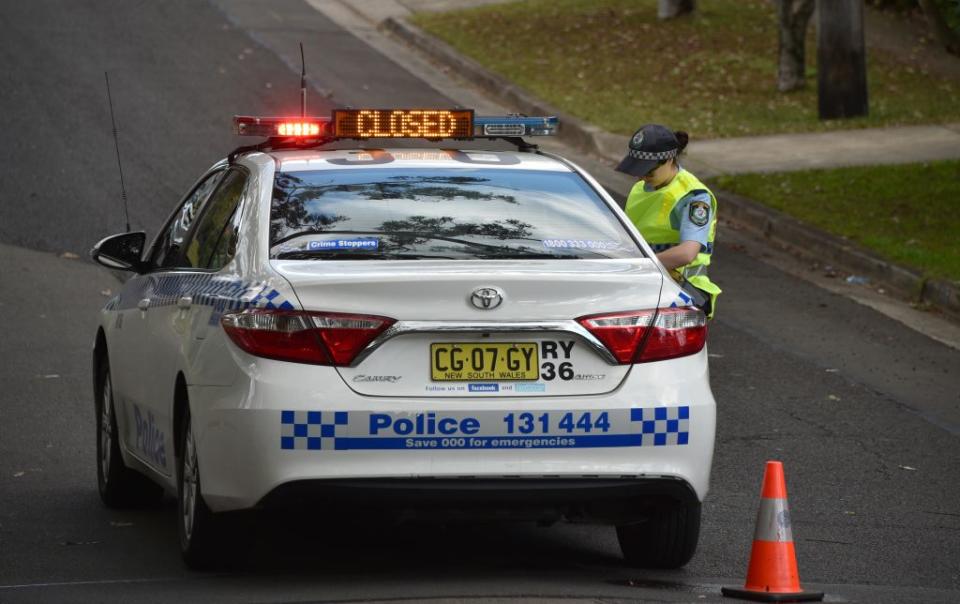What's PCA, and why can I be fined $572 for it?

An obscure acronym could lead to a $572 fine for drivers on the first offence in NSW.
Australians are well familiar with the term DUI – driving under the influence – from American TV shows and movies. It means getting behind the wheel after consuming alcohol or an illicit drug.
But this term was long phased out in Australia. "Prescribed concentration of alcohol" – or PCA – is now used to describe the dangerous act.
In NSW, the first ‘low range’ offence leads to a $572 penalty and a minimum 3-month disqualification.
According to Roads and Maritime Services, low range is defined as a blood alcohol concentration of:
0.05 to less than 0.08 for standard licences
More than zero for learner, P1 or P2 licences
Over 0.02 for special category drivers
Mid-range offences can attract a maximum of $2,200 court-imposed penalty, while a high-range violation can lead to $3,300.
RMS has warned that a driver need not have consumed alcohol to rise above the limit.
"Some foods and medications may contain alcohol which can register in a breath test – for example chocolates, cough lollies and mouthwashes," the RMS website says.
"Always read the ingredients first."
The authority also cautioned Australians from getting behind the wheel after taking medicines that specifically say "Do not drive after taking".
Legal drugs that could impact driving include:
Certain painkillers
Treatments for blood pressure, nausea, allergies, inflammations and fungal infections
Tranquillisers, sedatives and sleeping pills
Some diet pills
Particular cold and flu medicines
Make your money work with Yahoo Finance’s daily newsletter. Sign up here and stay on top of the latest money, news and tech news.

